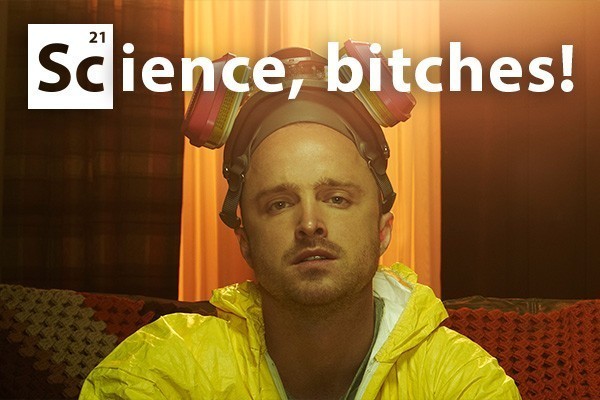Following the “shark attack” on Mick Fanning recently at J-Bay, Bruce (the shark) has been frequenting news headlines worldwide. The media, as expected, went nuts on the incident, reporting on pretty much anything they could write about, from the attack itself to Fanning’s mum’s reaction. Since the film Jaws was released in 1964, a completely irrational fear of sharks has led to their demonisation in the media.
It’s not hard to imagine why. In our corner of the world, there aren’t many animals left in the wild that still have the ability to eat a person intruding on their habitat. When humans enter the ocean, we’re more or less at the mercy of its residents. The idea of unexpectedly being ripped apart by a large toothy fish remains as frightening as ever. The media have tapped into this anxiety and do their best to remind the world that people still get eaten by sharks when they go to the beach.
Unfortunately, this portrayal has perpetuated a stereotype that has some pretty frightening implications. When sharks and humans interact, governments typically respond by killing the sharks. The 2013–14 Western Australia shark cull was implemented in response to a number of shark attack deaths. After nationwide protest and a number of shark experts speaking out against the cull, it was ended. Even here in Dunedin, we had shark nets at St.Clair, St. Kilda and Brighton following three fatal attacks in the 60s. After the nets were shown to be flimsy and ineffective, they were taken down.
The chances of being attacked are miniscule. To lend a bit of insight into the probability, you are 33 times more likely to be killed by a dog than a shark. Even so, humans find it ridiculously difficult to rationalise shark attacks. Fanning’s incident at J-Bay was an “encounter” rather than an attack. The shark didn’t bite Fanning or his board and looked like it was trying to get away as fast as it could. Sharks don’t splash around like that when they attack other animals.
Like any apex predator, sharks are a good indicator of a healthy eco-system and keep prey populations in balance. Public misconceptions about sharks have created a hostility towards them that is contributing to their rapid decline in the world’s oceans.



